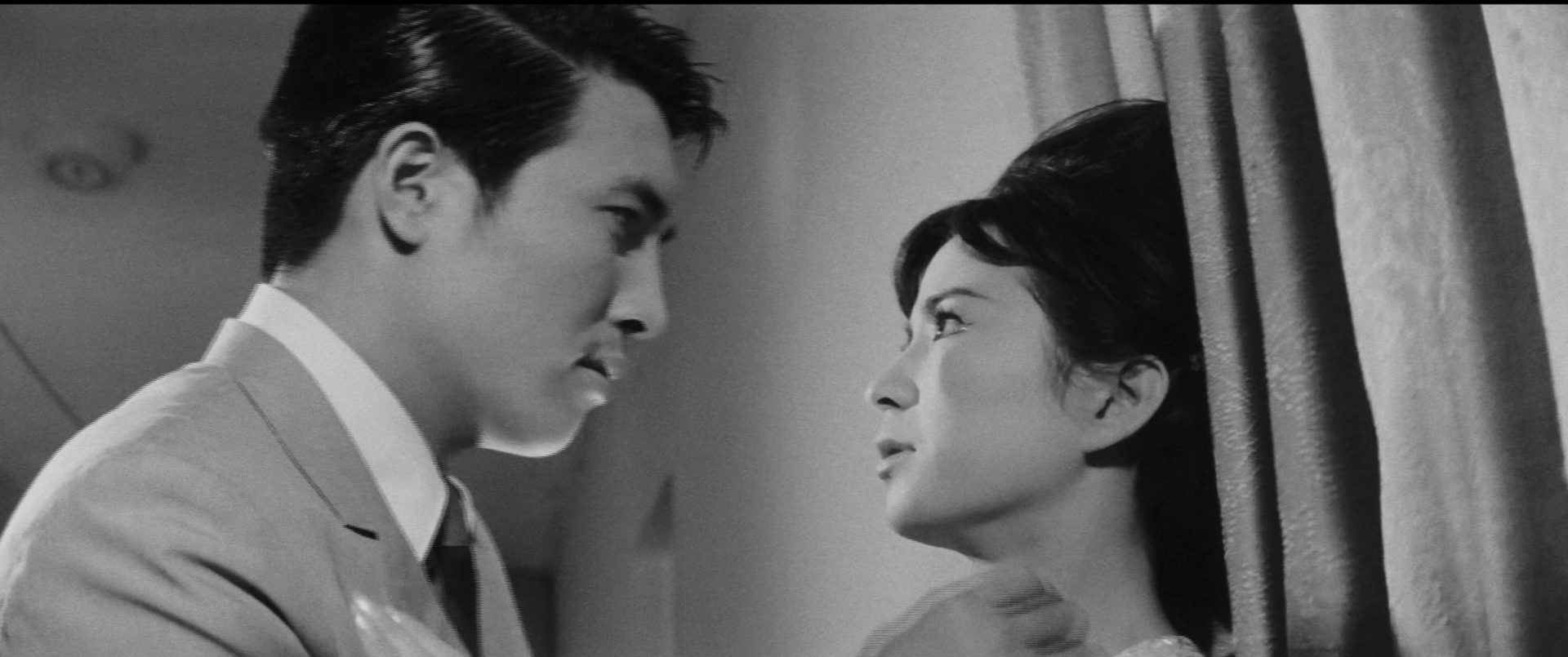Recently, the Ministry for Culture in Taiwan chose to preserve to The Bride Who Returned from Hell for its historical significance to the nation. Based on the 35mm cut, complete with grainy film cells and light strains, this revitalised look at the 1965 epic is the closest those outside of Taiwan will come to experience the film and gain a grasp of its impact.
Although far from a feminist masterpiece, the film does, however, take its stance as a woman striving in a man’s world. Adapted from the 1960 novel, Mistress of Mellyn, Chi Hsin’s film sees Bei Sui-mi return to Taiwan after her sister’s unusual death following a boating accident. Masquerading as a nanny to her niece, Bei Sui-mi lands herself at the dark heart of an unfolding drama. Originally setting out to unravel the truth surrounding her sister, she is instead whisked into repairing her brother-in-law and nieces strained relationship, discovering several romances, and all while avoiding the dangers as locals begin to disappear.
There’s a perplexing notion in the manner Chi Hsin smashes genres together, toying with aspects of thrillers, comedies, romantic dramas and yes, even musical elements. Experimentation of any nature in cinema is to be encouraged, but there’s also a necessity to realise when to step back – after painting itself initially as a dramatic thriller, the light-hearted tone is off-putting, and the comedic factor rears itself at inopportune moments.
On the film’s musicality, the occasional songs serve a narrative purpose, as a storytelling mechanism of sorts. Often to enhance emotions, strike memories or forge relationships, the film’s score is, on the whole, one of its finer aspects. Often uplifting, it oddly compliments much of the films genre twists – without disrupting the instrumental score. As the drama moves into romance, and then into thriller territory, the score follows suit without breaking immersion – save for one scene, where the choice in music shatters the film’s authenticity.
Inspiration is one thing, paying tribute is another, Chi Hsin isn’t so much wearing influential directors and filmmakers triumphs on his sleeve as lifting direct aspects and incorporating them into the film. After the initial bars of Monty Norman‘s cultural behemoth strike a bell, quickly you realise that it isn’t a homage – it’s a direct copy-and-paste of the track. Implementing these nods and lifts from Hitchcock to James Bond may nod to Chi Hsin’s love for these movies, but the call-backs dampen what emerged as an innovative piece of sixties’ Taiwanese cinema.
Disappointingly, Yuan-Fu Chang’s script didn’t need this pandering copycatting. The Bride Who Returned From Hell has an intensely gothic murder mystery at the core of its atmospheric story – it doesn’t require elements from other films and genres to work and these directorial choices hinder an otherwise brilliant film. Chin Mei’s portrayal of Bei Sui-Mi is gripping, as she fends off the tone dips and strides out on her course, controlling the film and aiding those sharing the screen. The rapport she establishes across the cast, particularly with Fan Yue and Chun-Hsiung Ko, saves much of the film with their complex, engaging relationships.
Where The Bride Who Returned From Hell does well, in performances, cinematography and score composition – it does exceedingly well. Otherwise, much of the experimentation with genre, and especially the unflattering homages, lead to broadening too much of the original story – cramming in an excess amount of side characters and backstory and watering down an example of sixties’ Taiwanese expression.
Screening as part of Taiwan Film Festival Edinburgh
